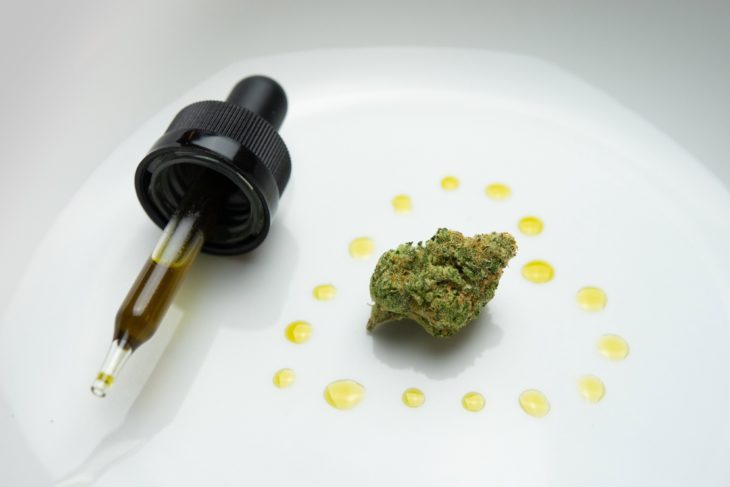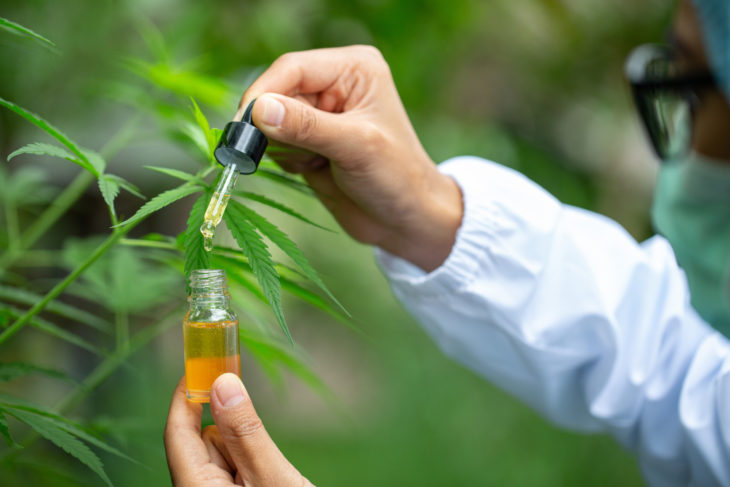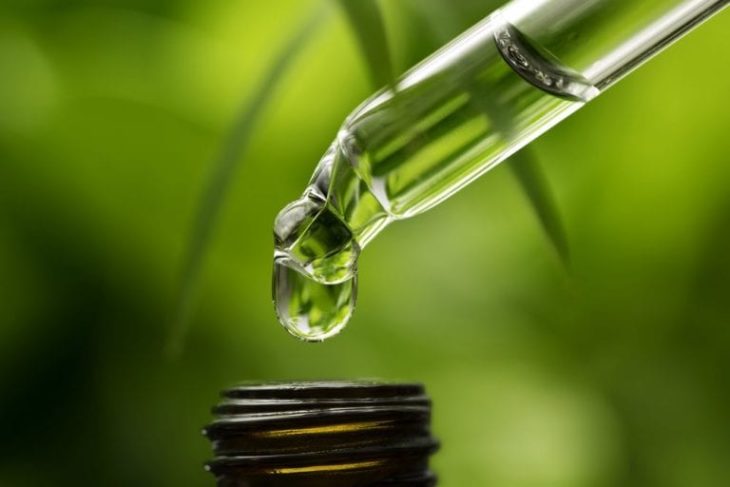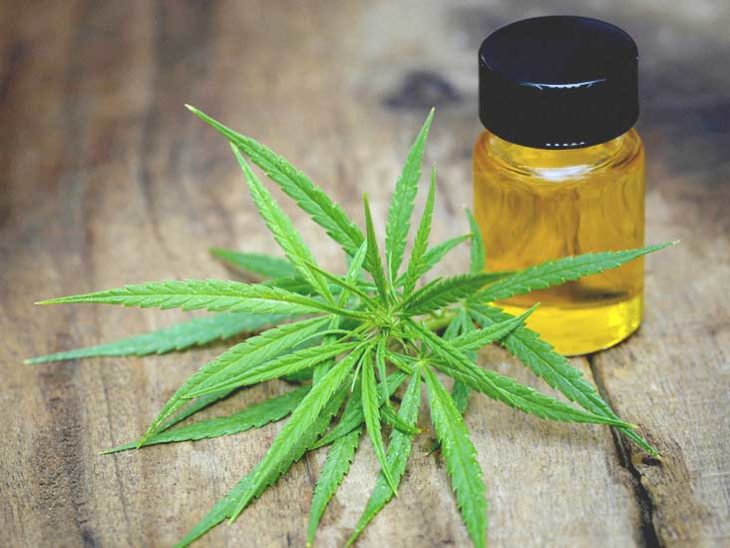CBD vape oil provides many benefits that promote healthier lifestyles as well as liberty from illnesses such as epilepsy, anxiety, and inflammation, among others. It has many healing effects our ailing bodies can take advantage of without the intoxicating effects of THC. What is Cannabidiol?
For the past several years, Cannabidiol has been the talk of the town, either for its adverse or sound effects in our body. It is usually used as an added ingredient to foods and beverages or usually made into harmless CBD vape oil like those from AvidaCBD.com. Some use the substance pure, while others combine it with medication.
Cannabidiol is a chemical found in the Cannabis sativa plant, which is commonly known as marijuana, weed, or hemp. Delta-9-tetrahydrocannabinol (THC), on the other hand, is a significant active substance in the Cannabis sativa plant. It is the primary psychoactive chemical in marijuana and is responsible for its intoxicating effects.
The leaves and buds of the female cannabis plant produce resin where THC is usually contained. More than 80 chemicals (cannabinoids) were discovered in marijuana.
It affects the brain and intercepts the disruption of a brain chemical that affects our mood, pain, and mental function. It increases the level of this chemical in our blood to reduce psychotic symptoms linked to conditions such as schizophrenia. CBD is likewise derived from hemp but only consists of tiny amounts of THC. Cannabidiol from Hemp and Marijuana: Is There A Difference?
CBD is a compound in the Cannabis sativa plant, also known as hemp or marijuana, where it is usually derived. Although it is a substance of weed, it does not incite a “high” feeling or psychoactive effect, unlike delta-9-tetrahydrocannabinol (THC), which is the major component of marijuana.
According to the World Health Organization (WHO), CBD shows no abusive effects or possible dependence on our body. Moreover, there has been no proof of public health-related concerns linked to using pure CBD.
Cannabis is legally considered as hemp even if it contains less than 0.3% of THC and contains CBD, which is a non-psychoactive compound. Marijuana, on the other hand, contains higher quantities of THC that causes the intoxication of the brain resulting in “high” feeling.
Effects in the Body Based on Multiple Studies

Source: medium
There are many arguments regarding the use of CBD. Most people don’t know the sound results in our bodies. It has been supported to deal with a wide variety of health issues.
Independent studies have been conducted to see what are the effects of CBD in the body.
1. Less Inflammation
According to Chicago Innovative Express Care founder, Dr. Rahul Khare, CBD binds indirectly to our bodies’ cannabinoid receptors. These receptors are in charge of a range of functions throughout our bodies, including pain sensation, appetite, memory, and mood.
The procedure can also reduce inflammation, thus, allowing to alleviate chronic pain for a majority of people. Dr. Khare added that the pain wouldn’t be taken away, but it can be decreased to a point it can be tolerated.
Studies suggest that medications that consist of CBD from Cannabis sativa may improve a drug’s effect on a patient’s chronic pain and soreness conditions. It can be useful as a complement instead of a substitute for the course of medication. It’s reliant on the preparation, prescription as well as concoction based on the review published in the “Molecules” journal published on Sept. 27, 2018.
2. Promotes Good Night’s Sleep
If you take it to help alleviate your anxiety and pain and is proven, you will have a better chance of getting a good rest. People with insomnia can sleep at night since their anxiety that causes the sleep condition has been reduced, as noted by Dr. Khare.
However, pure CBD alone cannot induce sleep unless taken at high doses, according to International Cannabis and Cannabinoids Institute Research and Development Director, Dr. Ethan Russo. Some preparations of this substance are usually incorporated with raised levels of myrcene, which is another compound that is sedating and not the CBD.

Source: Tasteful Space
3. Effectively Treats Childhood Epilepsy Syndromes
CBD can effectively treat some of the childhood epilepsy syndromes, such as Dravet syndrome and Lennox-Gastaut syndrome (LGS). Generally, these health issues don’t react to anti-seizure treatments. A couple of studies found that it reduced the number of attacks and had it stopped altogether.
One of the videos of the effects of CBD on affected children was uploaded on YouTube by Learn Liberty on Apr 22, 2015, entitled “How CBD Helped a Child with Epilepsy – Learn Liberty.” You may not believe it, but it indeed helps these epileptic patients make their condition more bearable.
FDA approved Epidiolex, a CBD-infused drug used to treat seizures in children on June 25, 2018. It is the first-ever cannabis-derived medicine the US health department has authorized to manage this kind of condition.
4. Lower Anxiety
It can be said that CBD is psychoactive in the sense that it helps reduce anxiousness as it acts on emotional well-being. Psychoactive, in this case, doesn’t mean hallucinogenic, which is often associated with THC.
Several types of research discovered that one of the sound effects of CBD in the body might temporarily help patients with generalized anxiety. It may also aid in social anxiety, obsessive-compulsive disorder, post-traumatic stress disorder, and panic disorder, as noted in the recently published “Neurotherapeutics” journal on Sept.4, 2015.
Additionally, this substance may affix itself to our brain’s serotonin 1A receptor, found to be a facilitator of anxiety. This is based on a separate study. The University of Montana conducted on Aug. 30, 2005.

Source: liwts
5. Reduced Gastrointestinal Problems
CBD may help in dealing with the problems that gastroesophageal reflux disease (GERD) causes. It is found out that cannabinoid receptor combatants reduce the lower esophageal sphincter’s (LES) relaxation.
LES is a muscle that sets the esophagus and the stomach apart. Too much relaxation of this muscle often results in acid reflux. CBD may limit the instance of acid reflux and other symptoms related to GERD.
6. No Dependence or Addiction
CBD alters and regulates rather than merely attaching, according to Heather Jackson, CEO Realm of Caring, non-profit cannabinoid research. It doesn’t cause addiction, dependence, indulgences, or behavioral therapy. Immediate stop of CBD consumption will not cause withdrawal side effects.

Source: Pinterest
7. Causes Nausea Depending on Usage
Vast quantities of CBD can cause nausea along with agitation. Similarly, this compound acts customarily to another natural compound such as grapefruit when mixed with specific medications, according to the Harvard Health blog published on Aug. 27, 2019. Just like the said fruit, CBD can inhibit particular chemicals in the intestine from metabolizing specific drugs (like warfarin) in the body.
8. Negative Correspondence with Other Treatments
At high dosage, CBD can correspond with traditional treatments and can have adverse effects. Such a scenario is for older people or those who have many medical conditions undertaking several procedures, according to Dr. Jordan Tishler. He is the president of the Association of Cannabis Specialists and a cannabisMD medical advisory board member.
Warfarin is one example where CBD and prescription treatment do not work together. This drug is used as an anticoagulant that treats and prevents blood from clotting.
Another discovery regarding CBD is being a durable retardant of the Cytochrome (CYP450) enzymes, which increases the amount of warfarin that the body absorbs. It can be perilous and could result in ill health, such as hemorrhage or extreme bleeding. This case study was published in Epilepsy & Behavior Case Reports on Oct. 12, 2017.

Source: standard
Bottom Line
Multiple independent studies have shown the functional effects of CBD in the body. However, it is still best to talk with the physician regarding its usage for medicinal purposes. It’s essential to know how much you require to feel its result as well as what is needed to know before purchasing it.
